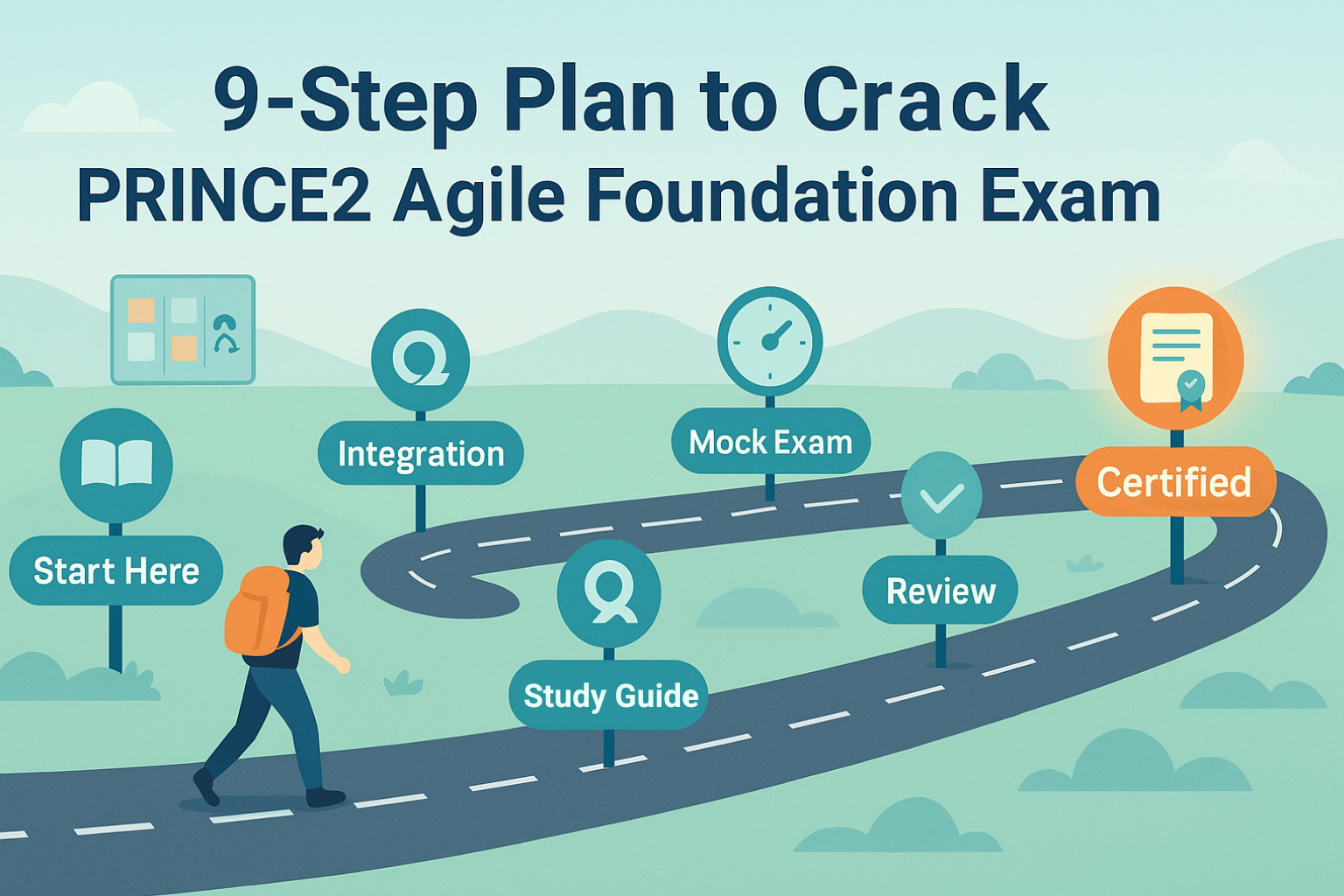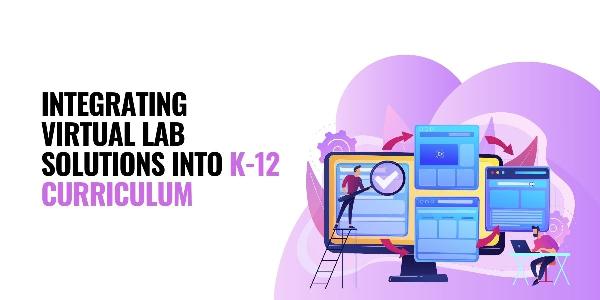The Future of Education Technology: Why School ERP Systems Are a Must-Have

Strong 8k brings an ultra-HD IPTV experience to your living room and your pocket.
In today's rapidly evolving educational landscape, technology is no longer a luxury—it’s a necessity. School owners across the globe are grappling with the rising demands of digital-first learners, administrative efficiency, and parent expectations. Amidst these shifting priorities, School ERP Systems have emerged as the cornerstone of effective, future-ready school management.
This article explores how education technology, specifically School ERP software, is transforming schools and why it's a must-have investment for school owners aiming to stay competitive and sustainable in the long run.
The Rise of Education Technology
The global education sector is undergoing a digital revolution. According to HolonIQ, global edtech investments surpassed $20 billion in 2023, and the market is expected to double by 2028. Technologies like artificial intelligence, cloud-based systems, data analytics, and mobile-first platforms are reshaping how schools operate, teach, and connect.
For school owners, this trend signals a crucial turning point. The traditional systems of paper-based records, manual fee collection, or siloed communication channels are no longer viable. What schools need is a centralized, automated solution that supports academic, administrative, and operational needs—all in one place.
This is where a School ERP system steps in.
What Is a School ERP System?
A School ERP (Enterprise Resource Planning) system is an integrated software solution designed to manage all aspects of a school's operations. From admissions and attendance to HR, exams, and parent communication, ERP software brings every process under one digital roof.
If you're unfamiliar with how ERP compares to a traditional school management system, ERP goes several steps further—offering real-time analytics, process automation, and cloud-based access across departments.
Key Modules Typically Include:
Student Information System (SIS)
Admission & Enrollment Management
Fee Collection & Financial Reporting
Attendance Tracking
Examination Management
Timetable Scheduling
Transport & Hostel Management
Parent-Teacher Communication Portals
Library & Inventory Systems
Human Resource & Payroll
Most modern School ERP systems are cloud-based, mobile-accessible, and scalable—allowing school owners to manage multiple branches and ensure real-time visibility across departments.
Why School ERP Systems Are Critical for School Owners
Let’s break down the key benefits from a school owner's perspective.
1. Centralized School Management
Managing different departments, staff roles, and even multiple campuses becomes simple with a centralized dashboard. ERP systems consolidate all data, allowing school owners to monitor operations from anywhere, anytime.
2. Enhanced Financial Oversight
With integrated finance modules, school owners can automate fee collection, generate real-time financial reports, track dues, and even manage vendor payments—ensuring cash flow is always under control.
3. Real-Time Communication
Modern ERP systems enable instant communication with parents, teachers, and staff via SMS, email, and app notifications. This eliminates miscommunication and builds trust among all stakeholders.
4. Regulatory Compliance & Data Security
A School ERP helps schools maintain proper digital records, comply with government regulations (like NEP 2020 or state board mandates), and safeguard student data through role-based access and encryption.
5. Reduced Operational Costs
Automation eliminates the need for repetitive manual tasks—saving time and reducing dependence on paperwork and redundant staff roles. Over time, the ROI becomes evident in both cost savings and staff productivity.
Long-Term ROI of ERP Implementation
While the upfront investment in a School ERP might seem significant, the long-term benefits far outweigh the costs. Let’s consider some tangible returns:
Higher Admission Rates: Automated inquiry follow-ups, online application forms, and digital marketing tools can help schools attract and convert more students.
Improved Staff Efficiency: With automated scheduling, report cards, and payroll, teaching and non-teaching staff can focus on strategic tasks.
Data-Driven Decision Making: School owners can access analytics on student performance, fee trends, and staff attendance to make informed decisions.
Brand Reputation: Digitally enabled schools are perceived as progressive and trustworthy—important factors for today’s tech-savvy parents.
According to a report by ResearchAndMarkets, schools that implemented ERP systems experienced up to 30% improvement in administrative efficiency and 25% reduction in operational errors.
How to Choose the Right School ERP System
Choosing the right ERP is a strategic decision, not just a technical one. Here’s what school owners should consider:
Key Questions to Ask:
Does it support multi-campus management?
Is the system cloud-based and mobile-friendly?
Can it be customized as per our school’s needs?
Does it include integrations (Google Workspace, payment gateways, etc.)?
What kind of training and support does the vendor offer?
Is it compliant with local education boards and data privacy laws?
Must-Have Features:
Real-time dashboards for owners and principals
Automated notifications and alerts
Secure role-based access for admins, staff, and parents
Easy import/export of data
Scalability for future expansion
Some of the well-known ERP systems in the market include Fedena, Entab, EduERP, CampusCare, and Teachmint—each offering different features tailored to various school sizes and budgets.
Future-Proofing Your School with ERP Technology
Education is no longer confined to the classroom. With the rise of hybrid learning, remote classes, and AI-assisted teaching, schools must be ready to pivot quickly. A robust ERP system acts as the digital foundation for this flexibility.
Here’s how it supports future-readiness:
Cloud Backup & Remote Access: Manage school operations even during unexpected closures.
Data Analytics: Track student progress, identify learning gaps, and optimize resources.
AI Integration: Some ERP systems now offer AI-based chatbots, predictive analytics, and smart scheduling.
NEP 2020 Compliance: Modular and multidisciplinary learning needs flexible timetables and record-keeping—perfectly handled by ERP systems.
Real-World Results: Case Snapshot
A mid-sized CBSE-affiliated school in Maharashtra implemented an ERP system in 2023. Within 6 months:
Admin workload reduced by 40%
Fee dues dropped by 30% due to automated reminders
Parent satisfaction scores increased by 25%
School management was able to monitor real-time performance across 3 campuses via mobile
These results are not isolated—schools across India and globally are reporting similar outcomes with both school ERP and school management system platforms.
Final Thoughts
The education landscape is changing, and school owners must lead from the front. Investing in a school management system or ERP platform is no longer a question of “if,” but “when.” With automation, centralized control, data security, and improved stakeholder communication, ERP software helps future-proof your school while boosting daily operational efficiency.
If you're still relying on spreadsheets, paper forms, or disconnected tools—it’s time to upgrade.
Note: IndiBlogHub features both user-submitted and editorial content. We do not verify third-party contributions. Read our Disclaimer and Privacy Policyfor details.







